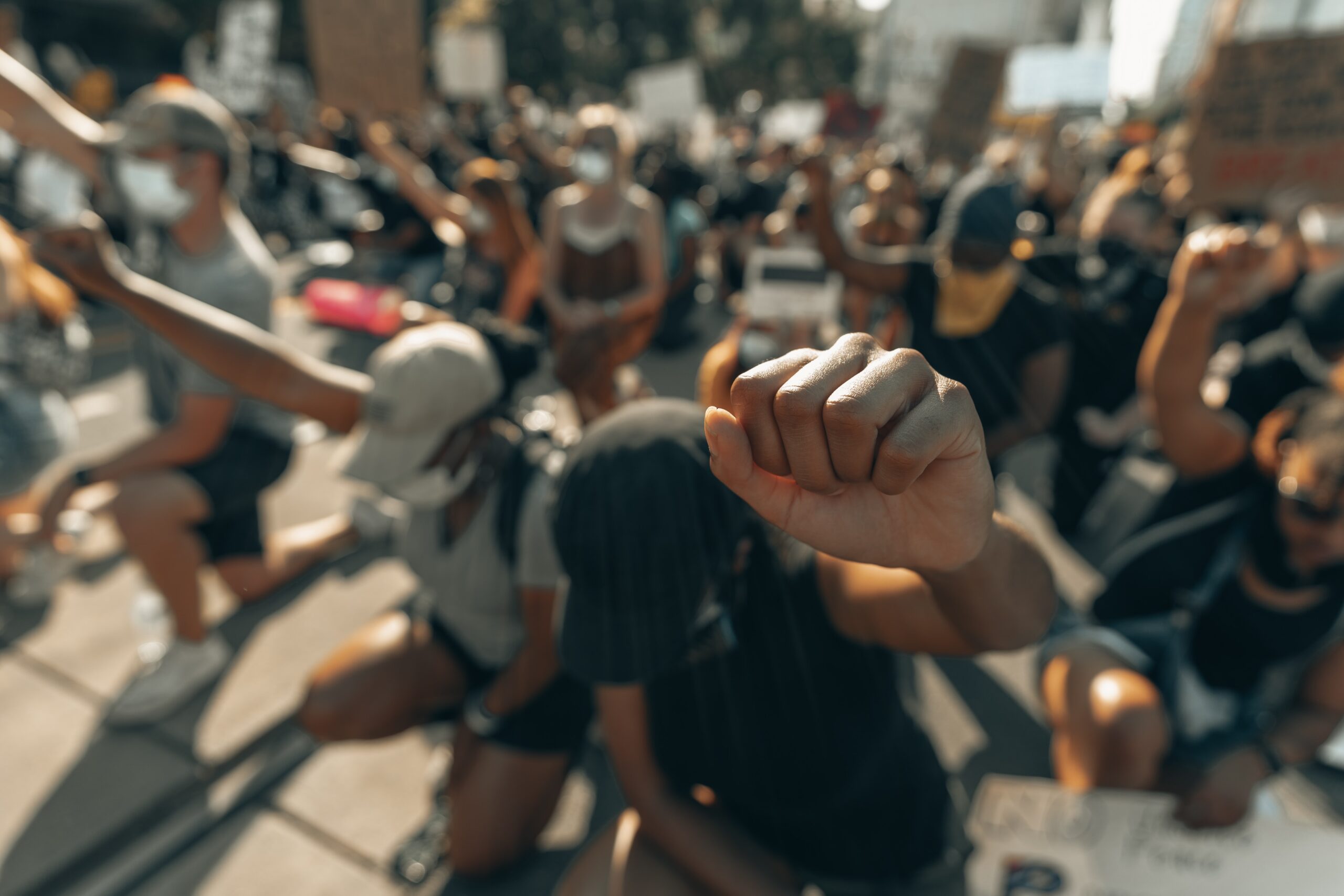Social Justice and Equity: A Path to a Fairer Society
In today’s world, the concepts of social justice and equity are more important than ever. These ideals focus on creating a society where everyone, regardless of their background, has the opportunity to thrive. While often used interchangeably, social justice and equity have distinct meanings that work together to ensure fairness, inclusivity, and equal opportunities for all individuals.
The goal of social justice is to rectify the historical and systemic inequalities faced by marginalized communities, whether based on race, gender, sexuality, disability, or socio-economic status.
Social justice encompasses a wide range of issues, including:
- Racial and ethnic equality: Addressing the disparities faced by communities of color and dismantling institutional racism.
- Gender equality: Ensuring that women, non-binary individuals, and transgender people have the same opportunities as cisgender men.
- Economic fairness: Reducing the gap between the rich and the poor through fair wages, equitable access to resources, and financial support.
- Educational access: Ensuring that all individuals, regardless of their socio-economic background, can access quality education.

Social justice aims to create a world where everyone has the same opportunities to succeed, regardless of their starting point in life.
While social justice seeks to promote fairness, equity takes this a step further. Equity is about fairness in outcomes, not just equal treatment. It recognizes that people do not start from the same place in life, and therefore, some individuals or groups may need additional support to reach the same level of opportunity as others.
For example, imagine two students: one comes from an affluent family with access to private tutors, educational resources, and a stable home environment, while the other comes from a low-income background with fewer resources. Simply treating them equally—by giving them the same homework or expecting the same outcomes—would not lead to fair results. Equity involves providing the necessary support and resources to the student from the disadvantaged background to help them succeed on the same level as their peer.
Equity is central to creating a level playing field and ensuring that everyone has the opportunity to achieve their fullest potential, regardless of their starting point in life.
Social justice and equity are intertwined, with each concept playing a crucial role in achieving a fair society. Social justice advocates for the redistribution of resources and opportunities, while equity ensures that these resources are allocated in a way that compensates for historical and structural inequalities.
Promoting social justice and equity brings numerous benefits to individuals and society as a whole:
- Economic Growth: A more equitable society means that people can contribute to the economy based on their talents and skills, rather than being held back by discrimination or lack of opportunity. This, in turn, fosters overall economic growth.
- Social Stability: Reducing inequality helps to decrease social unrest and conflict. People are more likely to support societal structures that they feel are fair and just.
- Better Health Outcomes: When people have access to the same opportunities, healthcare, and resources, they are more likely to lead healthier lives, reducing disparities in health outcomes.
- Stronger Communities: Promoting inclusivity strengthens communities, as people from different backgrounds work together for the common good, fostering a sense of belonging and shared purpose.
To move toward a more socially just and equitable world, there are several steps that individuals, organizations, and governments can take:
- Advocacy and Education: Raising awareness about social justice and equity through education helps people understand the challenges faced by marginalized communities and the importance of change.
- Policy Reform: Governments should enact policies that reduce disparities in income, education, and healthcare, while supporting initiatives that foster inclusivity.
- Community Engagement: Individuals and organizations can work together to support marginalized communities by offering mentorship, job opportunities, and resources to those in need.
Source: https://timesofindia.indiatimes.com/readersblog/world-of-law/social-justice-a-path-towards-a-fair-and-equal-society-50732/
https://www.embracingequity.org/post/equity-vs-equality-where-it-differs-and-how-to-embrace-justice#:~:text=Equity%20acknowledges%20that%20people%20may,to%20reach%20their%20full%20potential.





